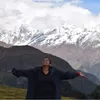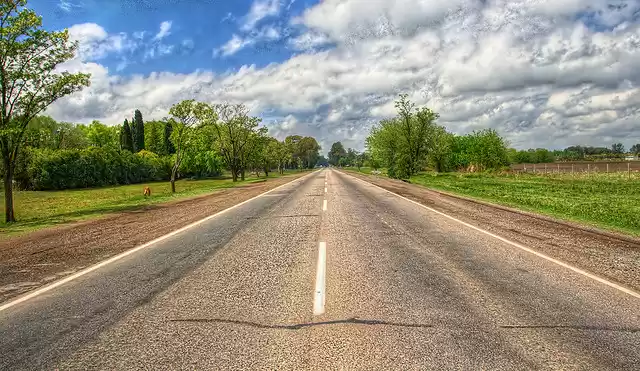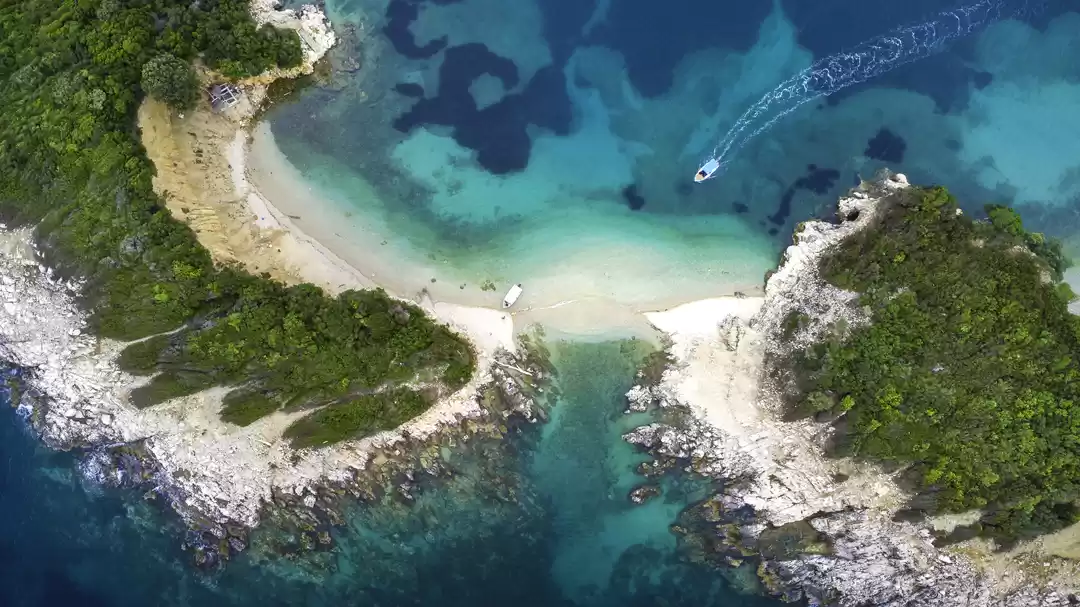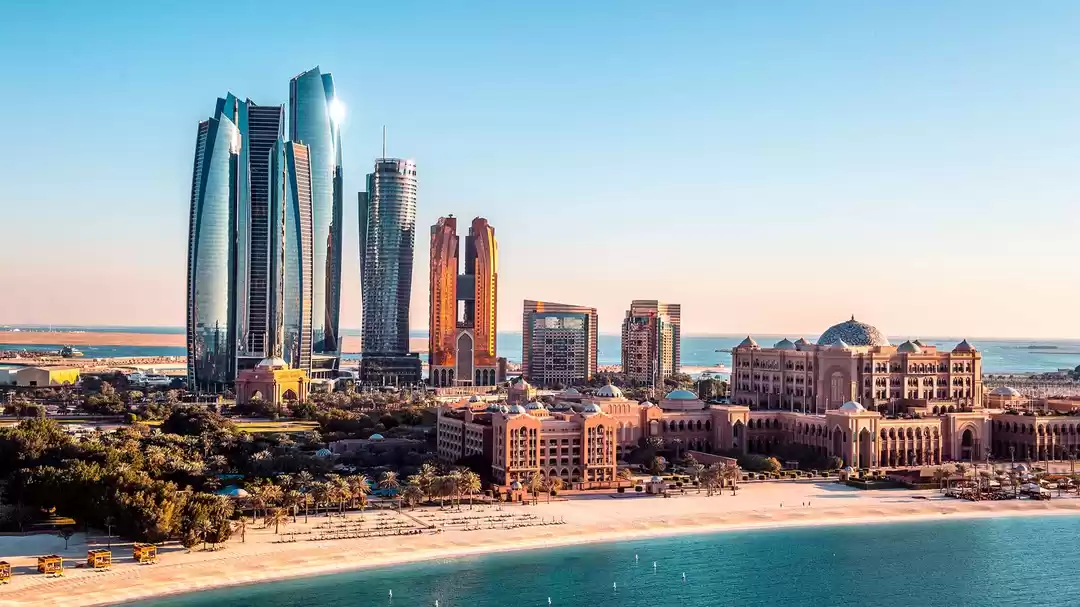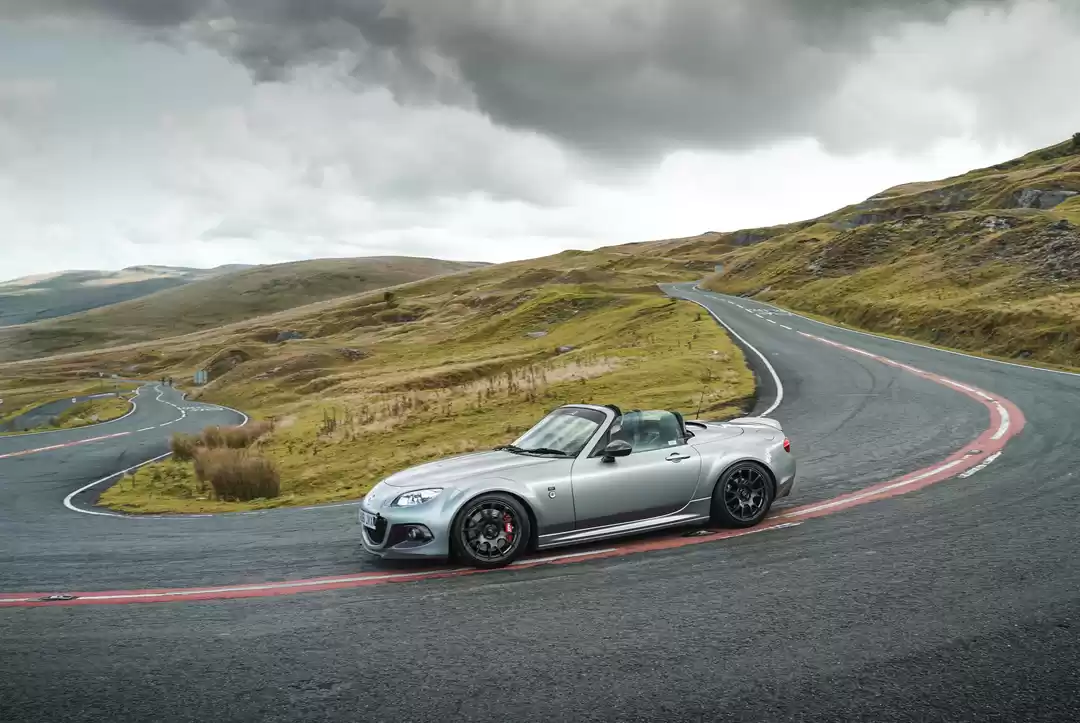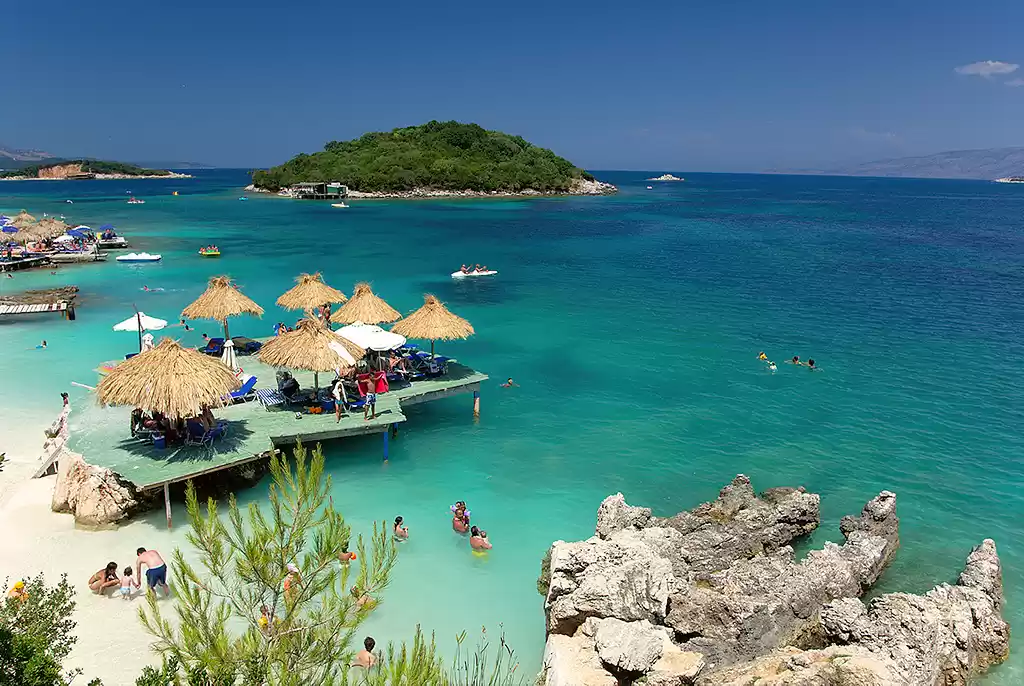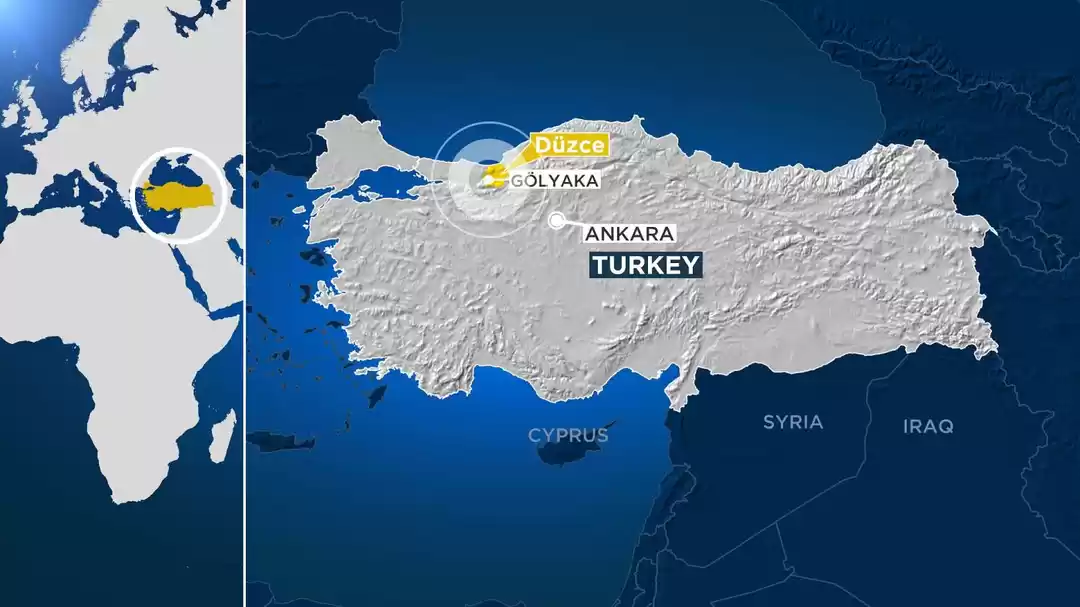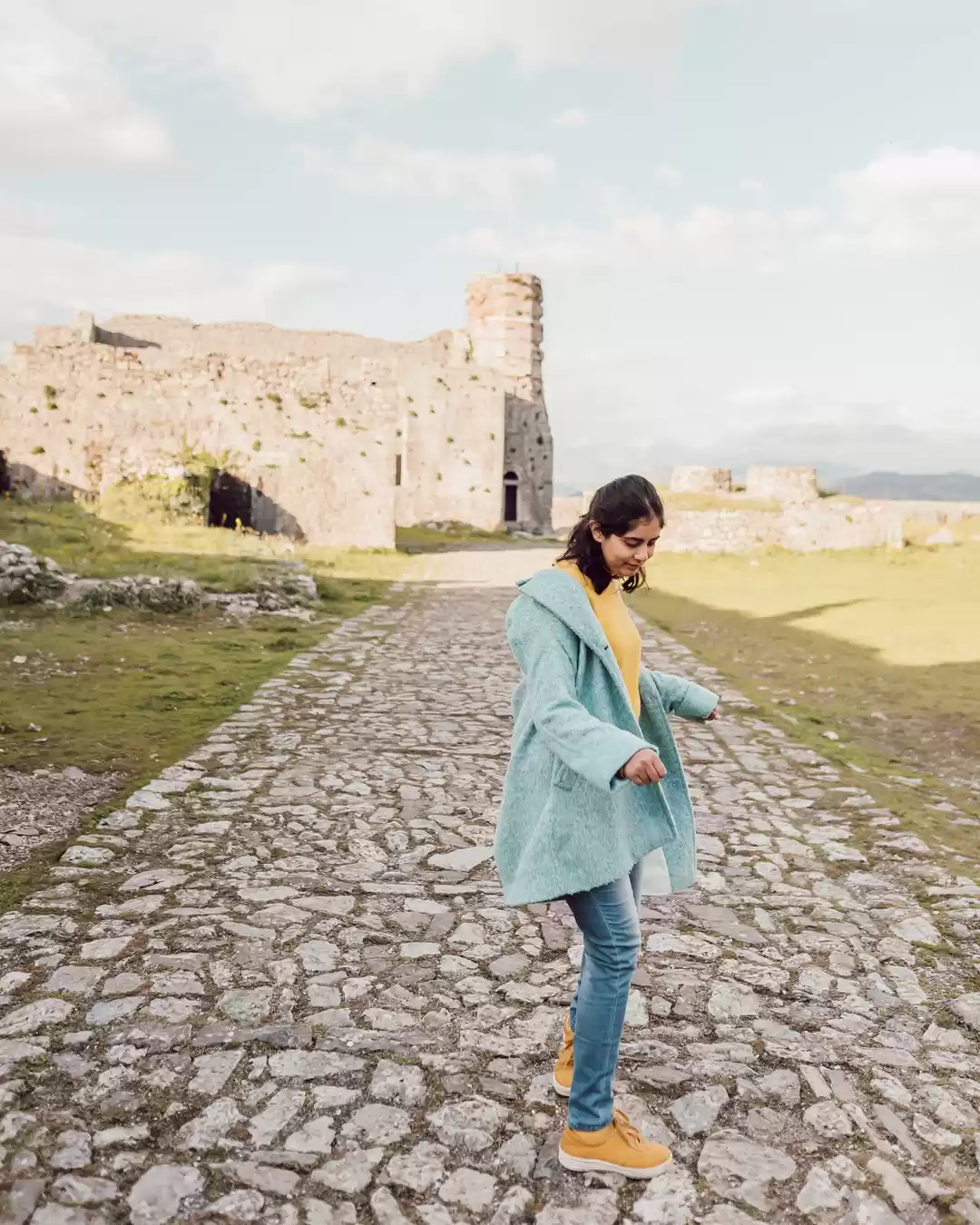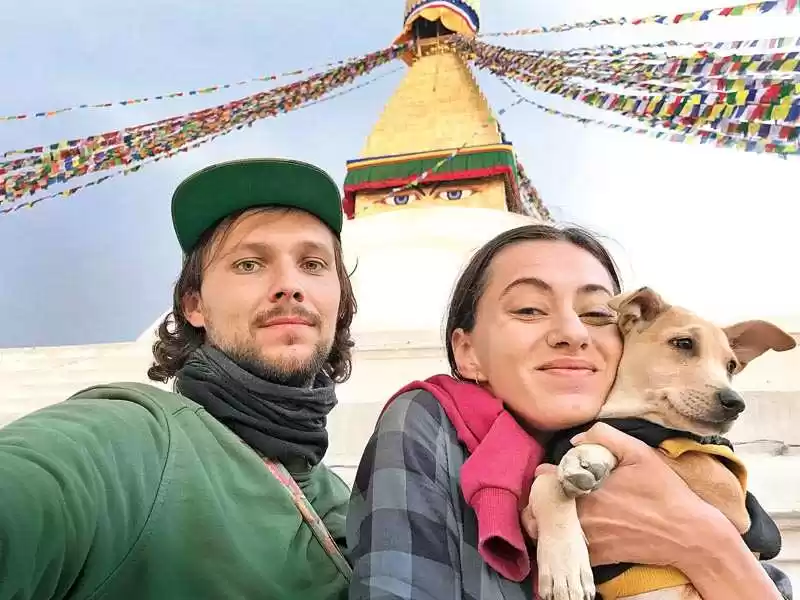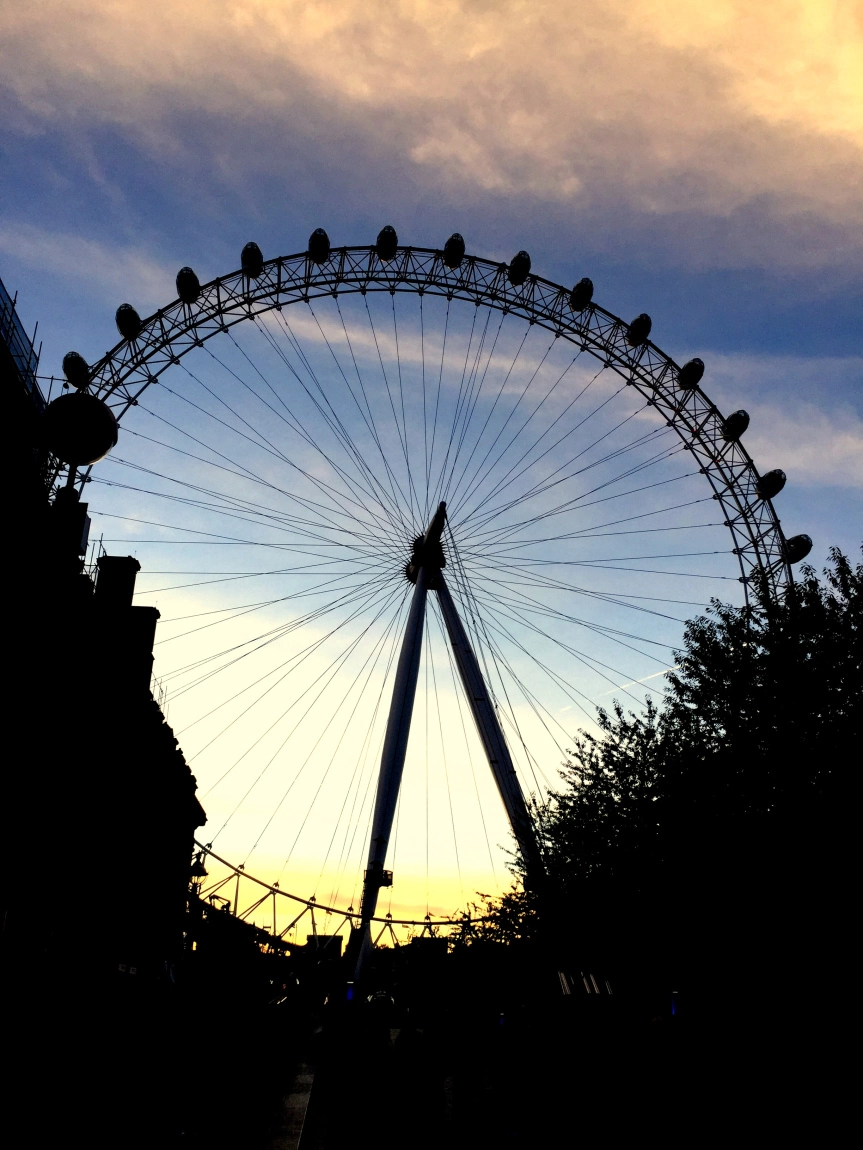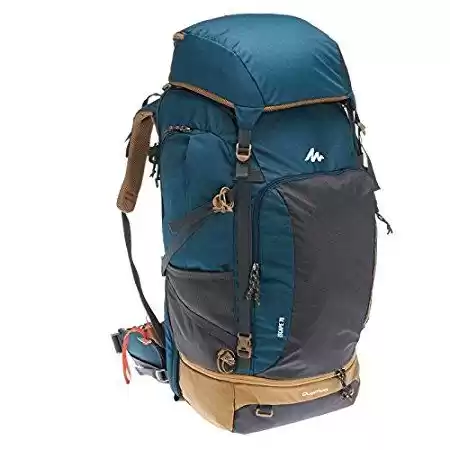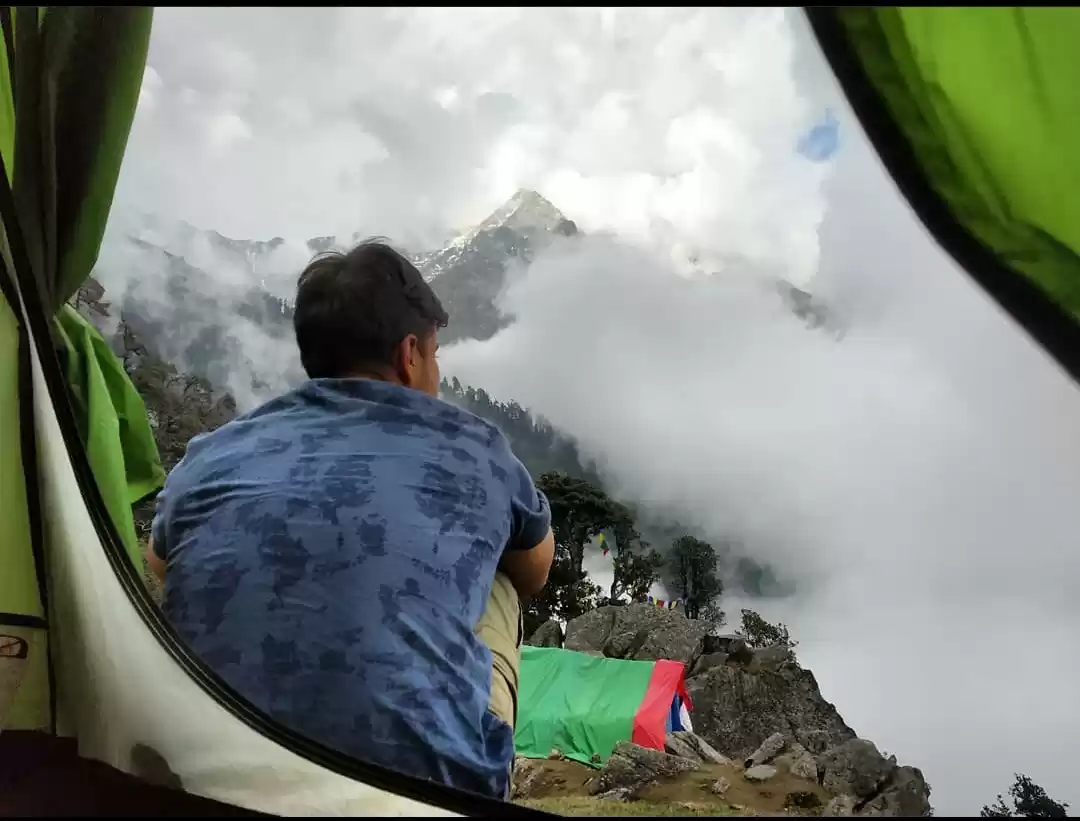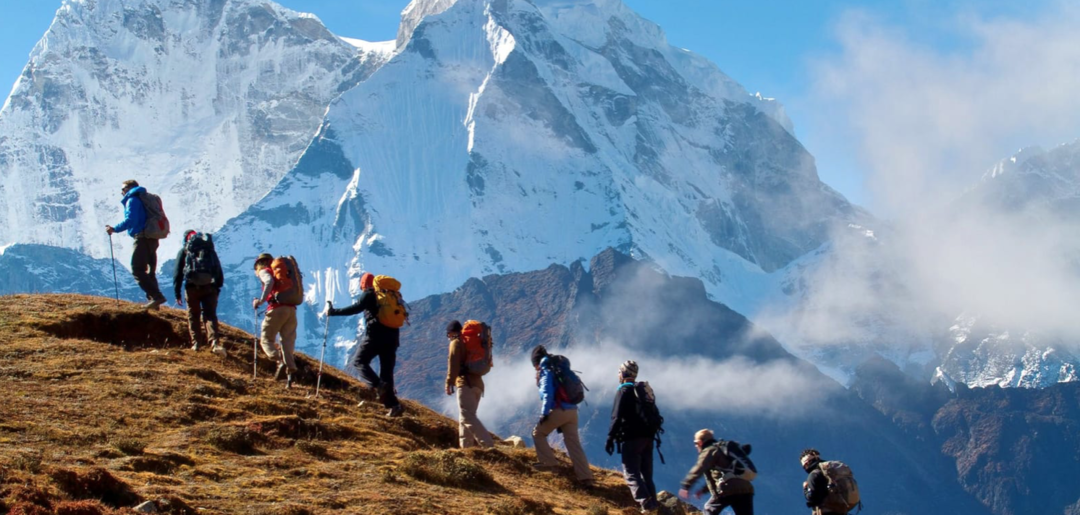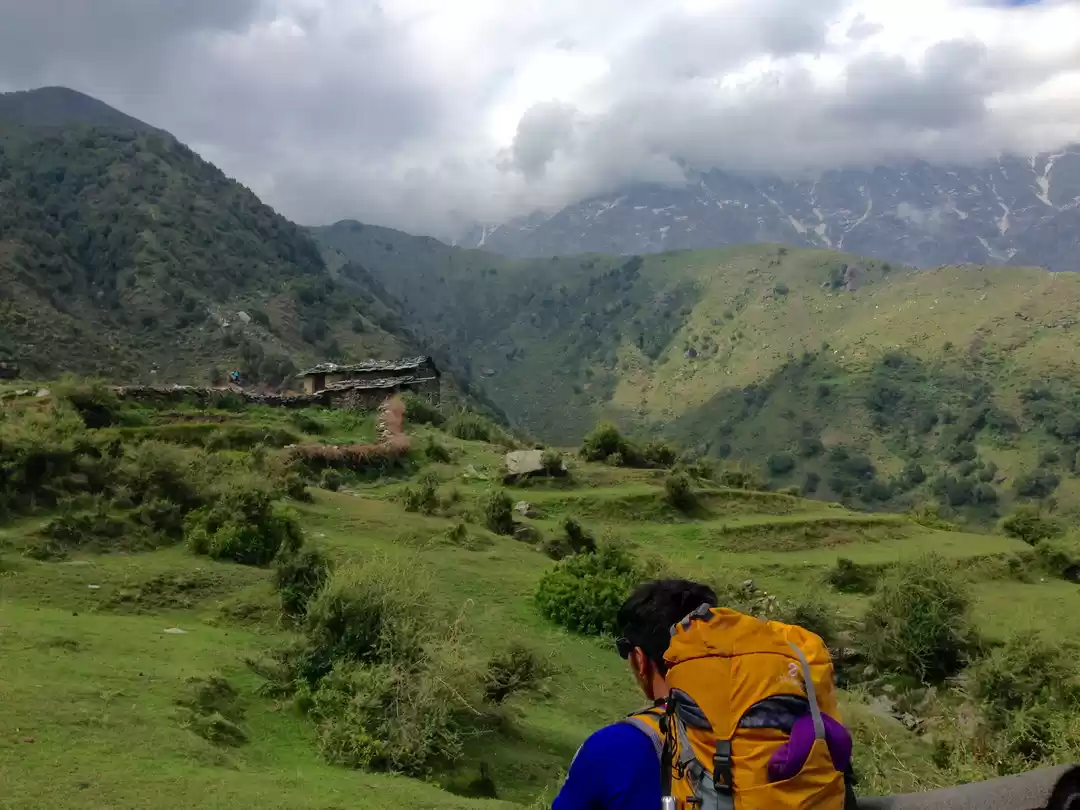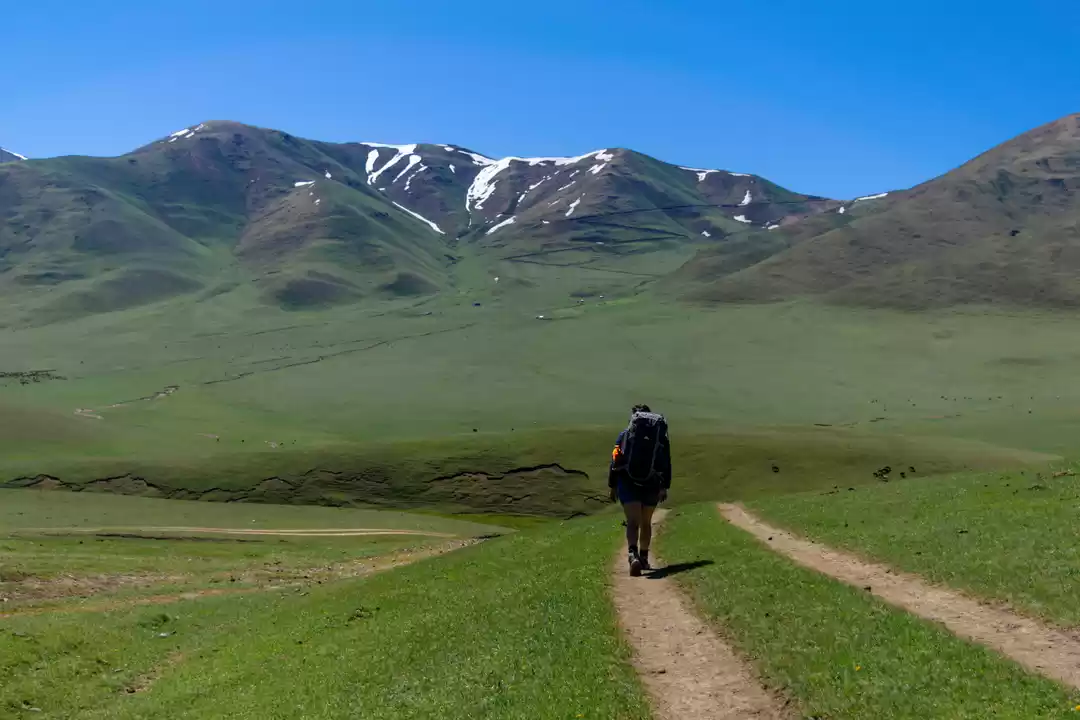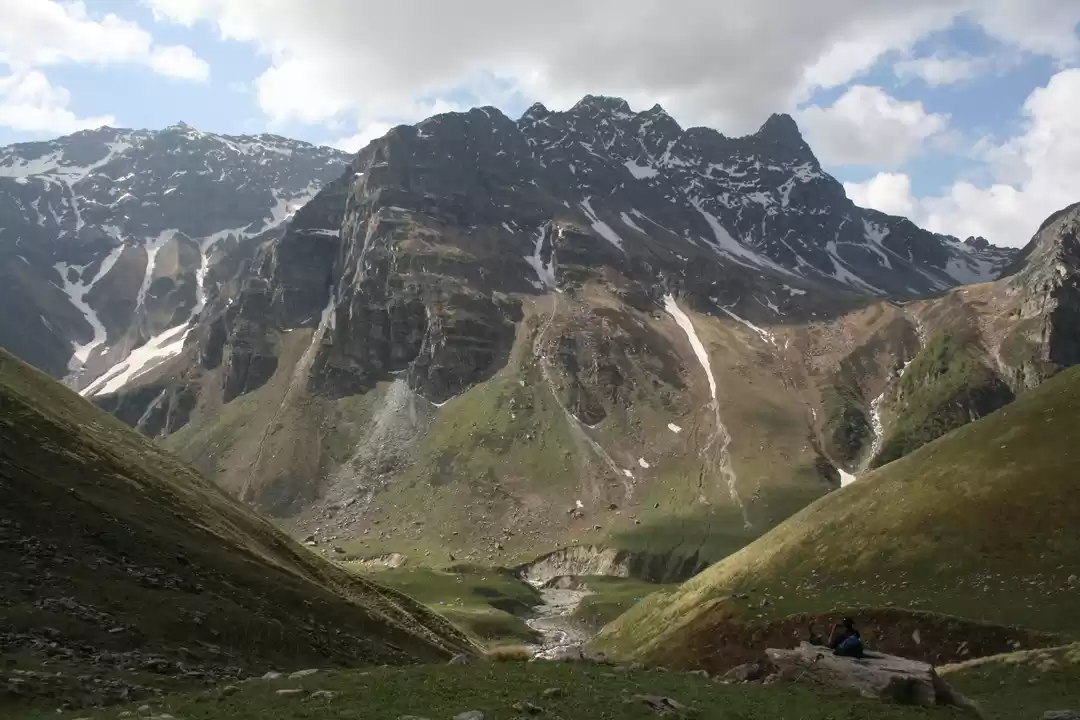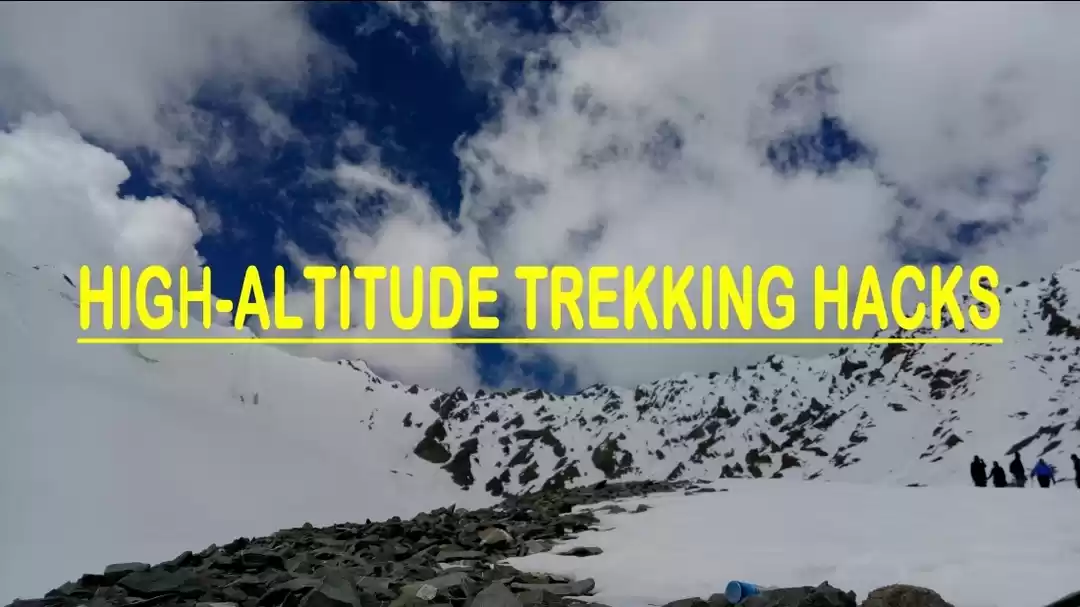“TREK” it’s not just a four letter word, its WORK! Every trekker knows that & would agree to it. When people say they are going to trek, everyone thinks it’s just climbing a mountain camping on the top & having fun while enjoying the view. That’s true though but it does not come easy. I’m no expert to trekking either & no matter the number of precautions you take nothing prepares you, more for it than EXPERIENCE. Here are a few pointers I learnt from my mistakes in the one year of my treks. Hope it helps you to have a better first trek and all the ones that follow.
Choosing THAT first trek –
1. The key is to understanding your endurance & ability to climb a mountain. By that I mean is, if you have been living a “sedentary life style” (post 20’s & working, wanting to do something adventurous) go for an “easy level” trek. Look for short treks, the shorter the better. I would suggest trekking in a dry climate (pre/post rains). In case it is summer go for night treks preferably, so the climb does not drain you out. If you have an active lifestyle you might want to start off with a trek that has a little higher endurance level.
2. Read about the mountain you choose to climb. Living in a tech-savvy age finding information about anything is not difficult. A little awareness does no harm & goes a long way. Try to find out the trek route, a little history of the peak you are going and a few videos showing the type of terrain that you would be facing. Also it might help you to judge if there are any water sources on the way for you to re-fill your bottles
Things to look out for –
3. After you decide make sure you wear shoes that have extremely good GRIP and are durable. A good pair of shoes is very important and usually not given much thought to for a first trek. Don’t compromise on it as you have to walk a lot in them and they should be comfortable as well. Partially also because you would enjoy the view and have a better experience rather than worrying about blisters, muscle cramps, aching toes and sorts caused due to poor shoes.
4. Make sure you pack light. That doesn’t mean you miss out on important stuff like cap/sleeping mat/torch etc. you are usually given a “GENERAL LIST” of things to carry. Which includes things like “rain jacket, sweater”, etc. carry as per requirements. Every item you pack, ask yourself “do you really need it?” Usually we pack for “IF’s” and not “Will’s” Remember YOU have to carry the weight on your back & while you are walking inclined the weight feels heavier that it actually is. (Thank you, Gravity!). Pack efficiently. (ideally 8-9 kgs for a week long trek & 4-5 kgs for weekend treks)
5. Most important pack only for YOURSELF and not for your friends (if you are not going alone). Do not carry anything extra; always think in terms of “Kg’s” while you fill your rucksack. Also, carry a rucksack that has a waist band (good back support like aluminum rods, if possible/affordable), your shoulders will thank you for it.
Trek Prep –
6. Make sure you HAVE minimum 2 liters (3 ltrs, if you are trekking in dry climate) of water with you at the time you start your trek. Human body is 70% water. Hence, H2O is the most essential thing on treks. Keeping yourself hydrated all the time will help your muscles & replace the water loss in your body due to sweat.
7. A week before your trek make sure to do more physical activities like walking, climbing stairs, cycling, swimming, skipping etc. anything that would include cardio. This will not stun your body with the sudden exertion of trekking and you will have a good time. Also, it will make you want to drink more water, and keep you hydrated as mentioned earlier.
8. Cut down on booze prior to treks, if that is a part of your lifestyle, “WHY?” – Simple reason it causes dehydration, you wouldn’t want that, would you? Also, eat healthy for a while, you also; wouldn’t want to fall ill before or during this time on the mountains. Imagine missing out on the lovely views from the top… ouch!!
9. Carry dry fruits & stuff that provide instant energy (yeah, sugar rush is a good thing here! *wink*). Things like “rajgira chikki, puran poli, energy bars, candies, even dates help A LOT!!” (The one you eat, not what you thinking of!) Not much though, 100 grams of mixed dry fruits for an overnight trek would do. You can alternately carry fruits however it adds on to the weight in your rucksack.
10. “QUICK DRY” the 2 magical word & you should know to exploit it. Any clothing items you buy make sure it’s of quick dry & breathable material. These babies are super space saving, stretchable, comfortable, lightweight, and easy to carry. We usually don’t account for this, no matter what weather is like this will work just fine.
Last but never the least, I urge you NOT TO LITTER on the treks. “LOVE THY NATURE AS THYSELF” make sure you carry the waste along, may it be a candy wrapper or a disposable bottle, anything NON-DEGRADABLE should diligently go in the bag and then to the nearest dust bin you find in sight once the trek is OVER. Nature has given us so much to love, let’s make it a point to thank her by not littering & picking up the litter coming under your feet as you walk these trails. Remember it is for our future & the generations to come. Without NATURE there would be NO FUTURE.
I’d finally conclude by saying trekking is a hobby that helps you get “OFFLINE” from the busy city life and “ONLINE” with your friends (the ones already along with you & also those that you make on the trek). Trekking makes you see beyond “WANTS”, you learn to appreciate the bare minimum “NECESSITIES” to not just live but LIVE HAPPILY (for a while – STRESS FREE) CONNECT not just with people but also yourself – Humility, Compassion, Gratitude, Sensitivity. I am definitely not a GYM person so this is how I stay fit & active. The icing on the cake is I get to see new places, views, people & so much more to learn and enjoy at the same time. To top the icing with the cherry, I leave behind a little part of me in every peak & also take along a little PEACE from nature with me to withstand these concrete jungles!

